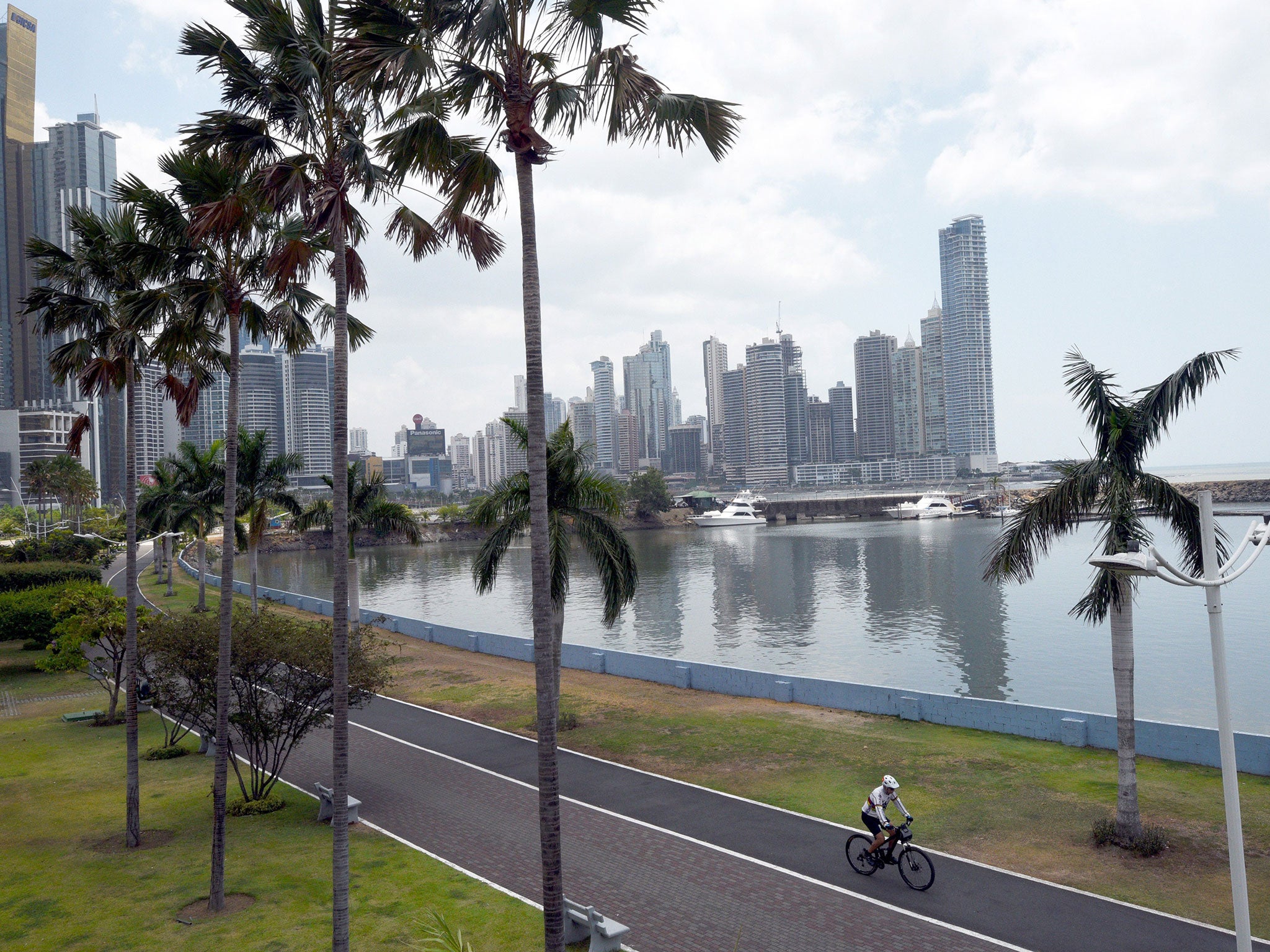Super rich who hide money in tax havens to be unmasked
Plans drawn up to prevent London's high-value properties being used in money laundering

Your support helps us to tell the story
From reproductive rights to climate change to Big Tech, The Independent is on the ground when the story is developing. Whether it's investigating the financials of Elon Musk's pro-Trump PAC or producing our latest documentary, 'The A Word', which shines a light on the American women fighting for reproductive rights, we know how important it is to parse out the facts from the messaging.
At such a critical moment in US history, we need reporters on the ground. Your donation allows us to keep sending journalists to speak to both sides of the story.
The Independent is trusted by Americans across the entire political spectrum. And unlike many other quality news outlets, we choose not to lock Americans out of our reporting and analysis with paywalls. We believe quality journalism should be available to everyone, paid for by those who can afford it.
Your support makes all the difference.Offshore companies could be banned from owning property in the UK if they fail to reveal their owners under new Government proposals to crack down on money laundering and tax evasion.
Plans to unmask the beneficiaries of offshore shell companies, which can be used by criminals to hide illegally-obtained money, will be unveiled by David Cameron at an international anti-corruption summit in London next month.
While owning property via an offshore company is not illegal, it allows the real owners to evade detection because only the company’s name must appear on public registers.
A Government consultation document published ahead of next month's summit warns that property in the UK “can provide a convenient vehicle for hiding the proceeds of crime.”
“The high values of property in London in particular presents an opportunity for criminals to launder considerable sums of money,” it adds.
More than 36,000 properties in London alone are owned through anonymous companies. The total value of property in the UK owned by offshore firms is estimated to be as much as £170bn.
The new proposals would see such companies revealing “people with significant control” over their operations on a register, which is expected to be made publicly available, The Times reported. Only those foreign companies listed on the register would be allowed to buy and sell property in the UK.
However, it is not yet clear whether new rules would apply to around 100,000 offshore companies that already have property in the UK, or only to new purchases.
Under separate proposals set out by the Home Office today, suspected money launderers could see cash and property seized if they cannot satisfactorily prove the money was earned legitimately.
The Home Secretary Theresa May, will open a consultation on so-called “unexplained wealth orders”, which are already used in other countries, and would require banks, law firms and accountants to take special measures when dealing companies under suspicion.
The crackdown comes in the wake of the Panama Papers revelations and will seen as an attempt by David Cameron to demonstrate how the UK has been at the forefront of global anti-corruption efforts. It coincides with the introduction of new rules which, from June, will require all companies incorporated in the UK will have to list their beneficial owners on a public register. Such registers are seen by transparency campaigners as a vital tool to combat tax avoidance and evasion.
However, the Government has faced criticism for failing to impose similarly strict rules on all of the UK’s Crown Dependencies and Overseas Territories, many of which act as tax havens, and were revealed to be at the heart of the tax avoidance networks uncovered by the Panama Papers.
Responding to the new crackdown, Robert Barrington, executive director of Transparency International UK, said: “There are some excellent ideas here, but the proof of the pudding will be in whether they are put into action. The powers that are envisaged could make a real difference and, while it is important they are properly debated in parliament to allay any concerns over civil liberties, it is equally important that they are not watered down by self-interested lobbying during the consultation process.“
“We are particularly supportive of unexplained wealth orders, an illicit enrichment offence and reform of the anit-money laundering supervisory regime. But let’s not forget that one of the fundamental changes we need to tackle money laundering is for public registers of beneficial ownership in the Crown Dependencies and Overseas Territories, which the Government has yet to deliver. And while the mood music is positive, giving the law enforcement agencies sufficient resources will be a fundamental part of making this work.”
Join our commenting forum
Join thought-provoking conversations, follow other Independent readers and see their replies
Comments